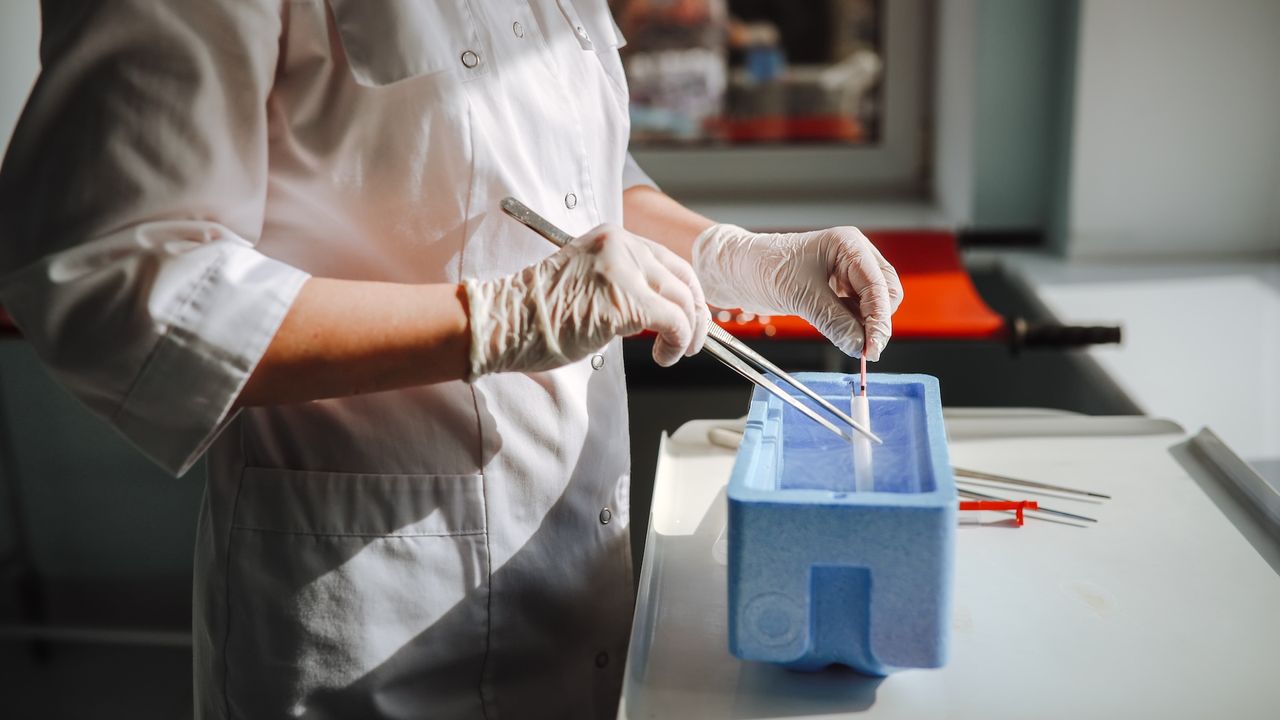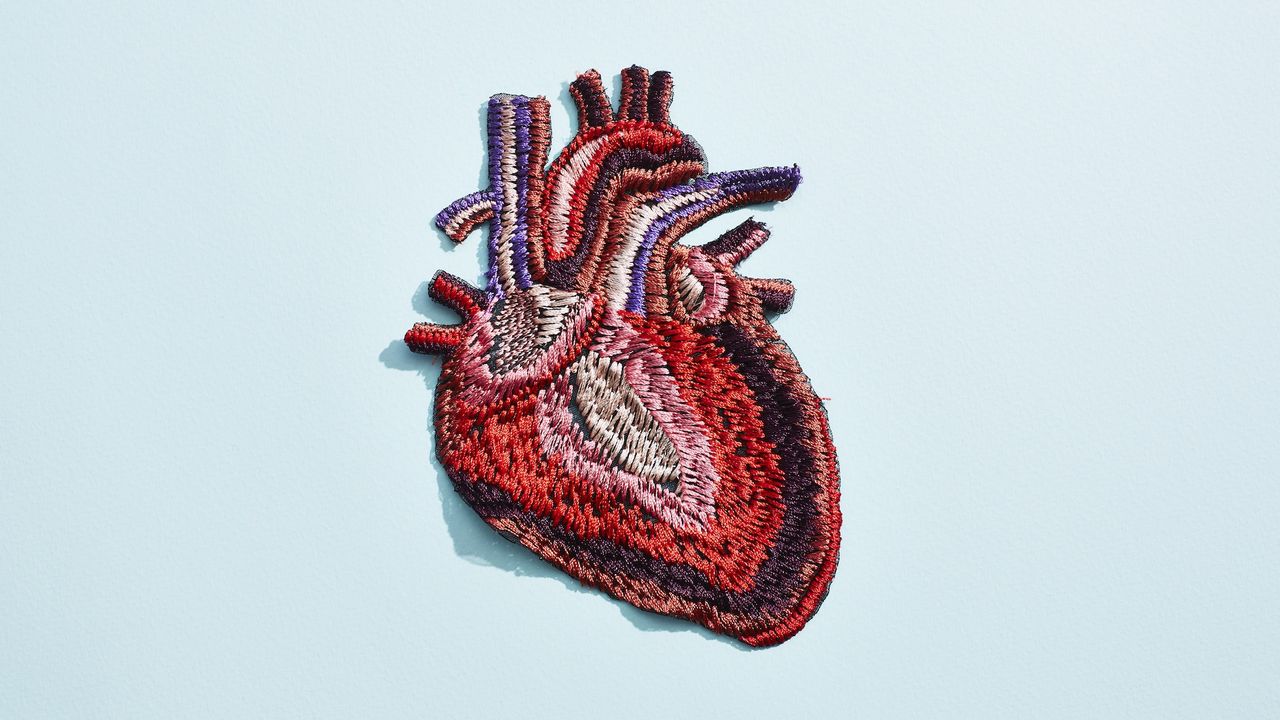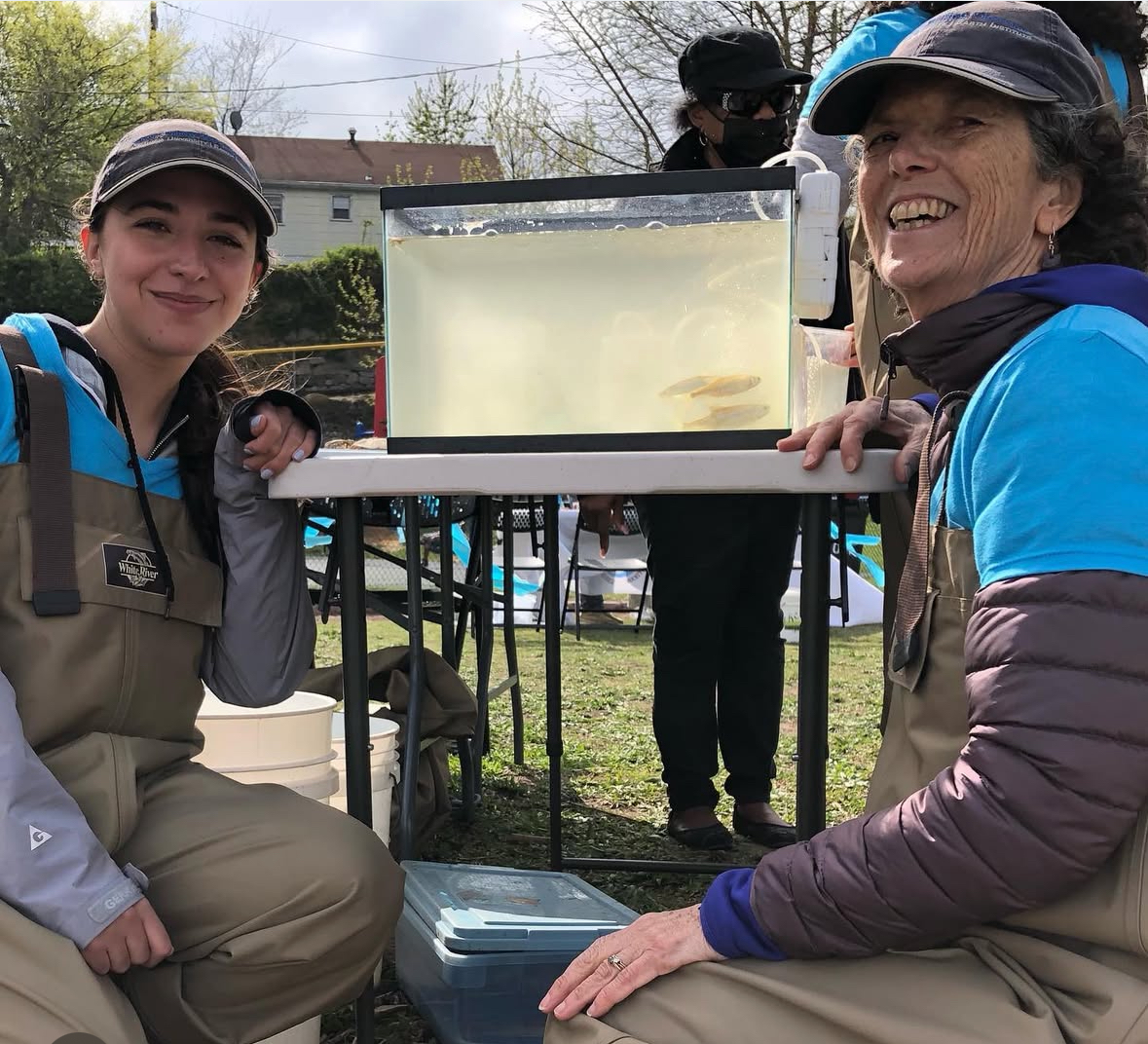This Leech Had an Appetite for Something Other Than Blood
PositiveScience
A remarkable discovery in Wisconsin has unveiled a 437-million-year-old fossil that may represent the oldest known species of leech. This finding not only sheds light on the evolutionary history of these creatures but also enhances our understanding of ancient ecosystems. Such fossils are rare and provide valuable insights into the biodiversity of the past, making this discovery significant for both paleontology and our comprehension of life on Earth.
— Curated by the World Pulse Now AI Editorial System






